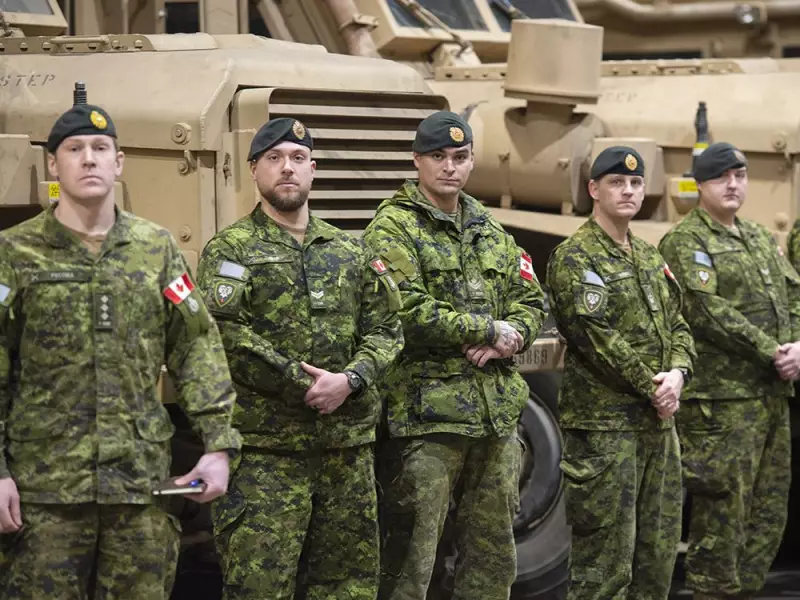
Military Emerges as Canada's Most Trusted Institution Ahead of Remembrance Day
As Canadians prepare to honor the nation's veterans on Remembrance Day, a new poll reveals the Canadian Armed Forces stand as one of the country's most trusted institutions. According to a Leger survey conducted for the Association for Canadian Studies, 75 per cent of Canadians express trust in the military, significantly outpacing confidence in the federal government.
Stark Contrast in Public Trust Levels
The survey results paint a striking picture of institutional trust across Canada. While three-quarters of the population trusts the military, only 47 per cent say they trust the federal government in Ottawa. Police services follow closely behind the military with 71 per cent trust, while the Supreme Court of Canada earns trust from 65 per cent of respondents.
Jack Jedwab, president and CEO of the Metropolis Institute and the Association for Canadian Studies, explains this trend: "The preoccupation, increasingly so across all demographics, is with security. People are directing more trust in those bodies or institutions that have primary responsibility for protecting us, or ensuring that security is well maintained."
Trust Patterns Across Demographics and Regions
The high levels of trust in Canada's military and police cut across diverse demographic groups. The poll found that 66 per cent of Indigenous people trust both the military and police. Among immigrant communities, trust levels reach 70 per cent for the military and 75 per cent for police services.
Jedwab notes that "despite some individual concerns that people express about instances of potentially excessive behaviours of the police or military, in general, minorities are expressing high levels of trust in those institutions that are mandated with protecting Canadians."
Regional variations reveal interesting patterns, with Atlantic Canadians showing the highest trust in the armed forces at 84 per cent. British Columbia residents report the lowest levels, though still substantial at 71 per cent. Jedwab suggests this could reflect perceptions of vulnerability, noting that "in areas where the populations perceive themselves as more vulnerable, either geographically or geopolitically, you're getting that sort of expression come up."
The survey also identified an age gap, with younger Canadians aged 18-24 expressing lower trust in the military at 65 per cent, while nearly a quarter (23 per cent) of this demographic reported some level of distrust.
This research comes as the Liberal government announced an additional $81.8 billion over five years to meet NATO's recommended two per cent GDP target for defence spending, highlighting the ongoing importance of military institutions in national policy and public perception.





